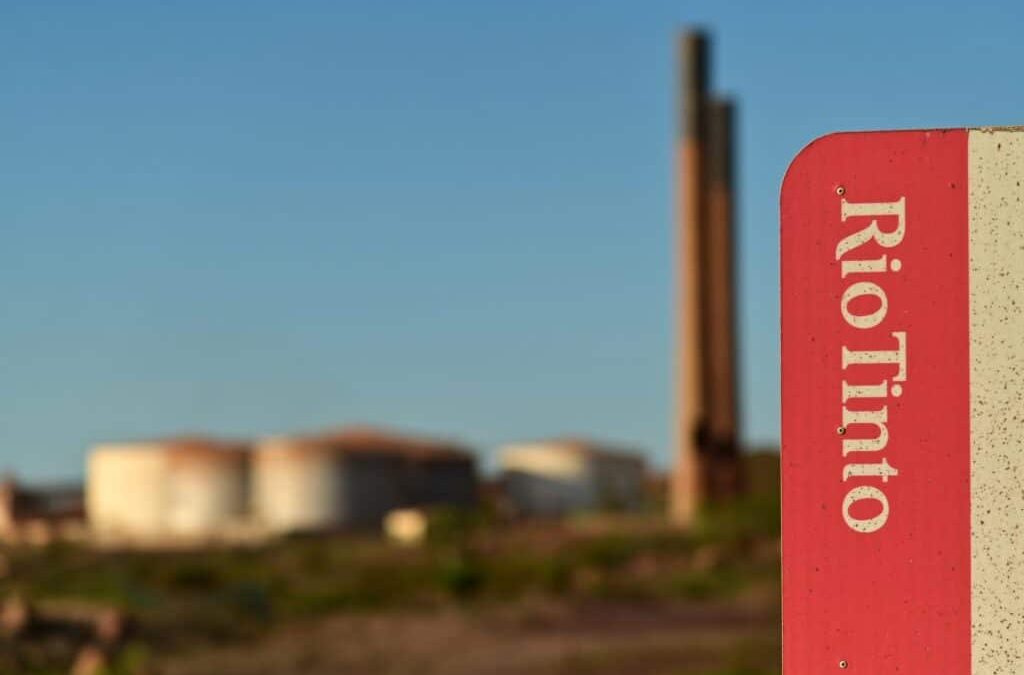Rio Tinto outlined its ambitious strategy for growth and decarbonisation at its 2024 investor seminar in London, emphasising its commitment to energy transition materials.
“We have all the building blocks we need to become a global leader in energy transition materials,” Rio Tinto chief executive officer Jakob Stausholm said.
“We are executing our strategy of delivering a stronger, more diversified, and growing business.”
Key initiatives include ramping up operations at the Oyu Tolgoi underground copper mine in Mongolia, advancing the world-class Simandou high-grade iron ore project in Guinea, and expanding its lithium portfolio through the proposed $10 billion acquisition of Arcadium Lithium.
“We plan to utilise our strong balance sheet to unlock and accelerate Arcadium’s Tier 1 projects, timed to meet future demand growth,” Stausholm said.
Rio Tinto also reported significant progress in decarbonisation, committing to projects that reduce annual emissions by over three million tonnes (Mt).
“This year, we have reached a new era in our decarbonisation journey,” Stausholm said, maintaining the company’s $5–6 billion capital spending guidance on decarbonisation projects through 2030.
Operational updates revealed milestones across Rio’s portfolio include:
- iron ore: a cumulative 15Mt uplift is expected over three years at the Pilbara operations in Western Australia, driven by the rollout of Rio’s safe production system.
- copper: annual production is projected to reach 1Mt by 2030, with a 50 per cent production increase at Oyu Tolgoi next year.
- minerals: the Rincon 3000 project in Argentina delivered its first lithium, with a decision on full-scale development expected by year-end.
- Simandou: construction remains on track for first ore in 2025 and full capacity by 2028.
In addition, Rio announced a partnership agreement with Swedish investment company Vargas, Mitsubishi Corporation and other international and local industry partners, to explore low-carbon aluminium production in Finland, deploying its advanced AP60 technology.
Under the partnership, Rio will provide access to its proven industry-leading AP60 technology and assist in what would be the first AP60 deployment in an aluminium smelter outside Quebec, Canada.
“Combining our AP60 technology with non-fossil fuel electricity presents an attractive opportunity to boost Europe’s industrial base,” Rio Tinto aluminium chief executive officer Jérôme Pécresse said.
The first steps will be a feasibility and environmental impact assessment by Arctial for the potential greenfield aluminium project in Kokkola.



